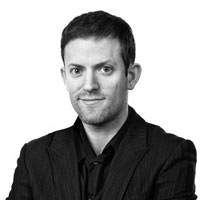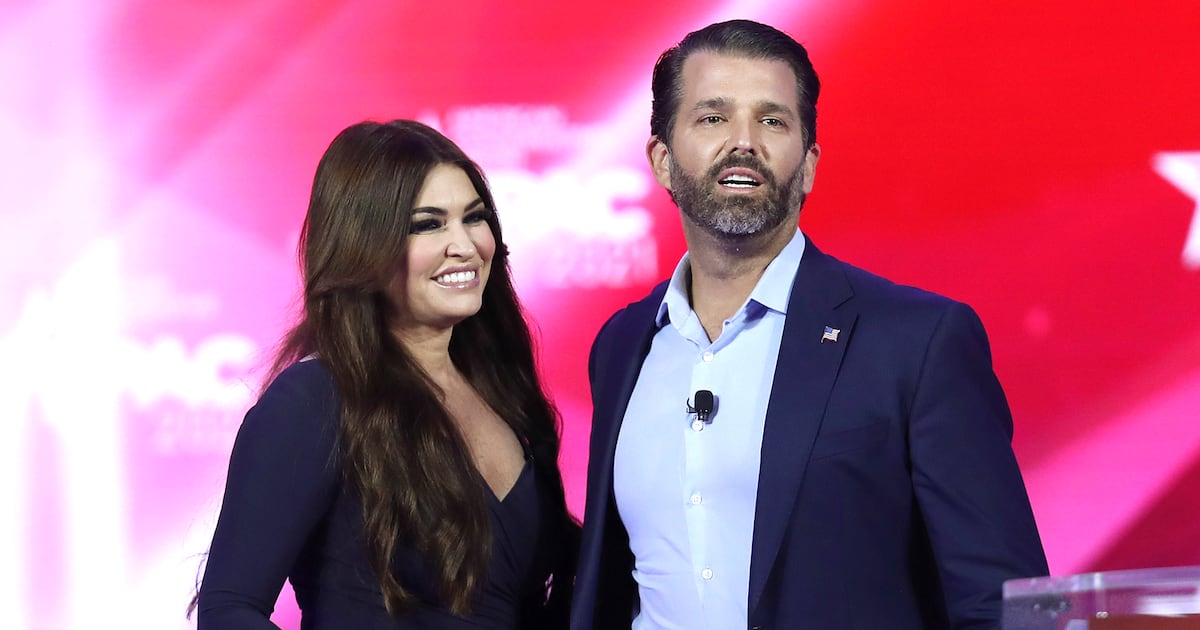Entertainment
Ron Galella/WireImage
All Eyes on Anjelica Huston: The Legendary Actress on Love, Abuse, and Jack Nicholson
WATCH ME
Anjelica Huston on her new memoir, which details her turbulent romance with Jack Nicholson and the alleged violence by former boyfriend Ryan O’Neal.

Trending Now





